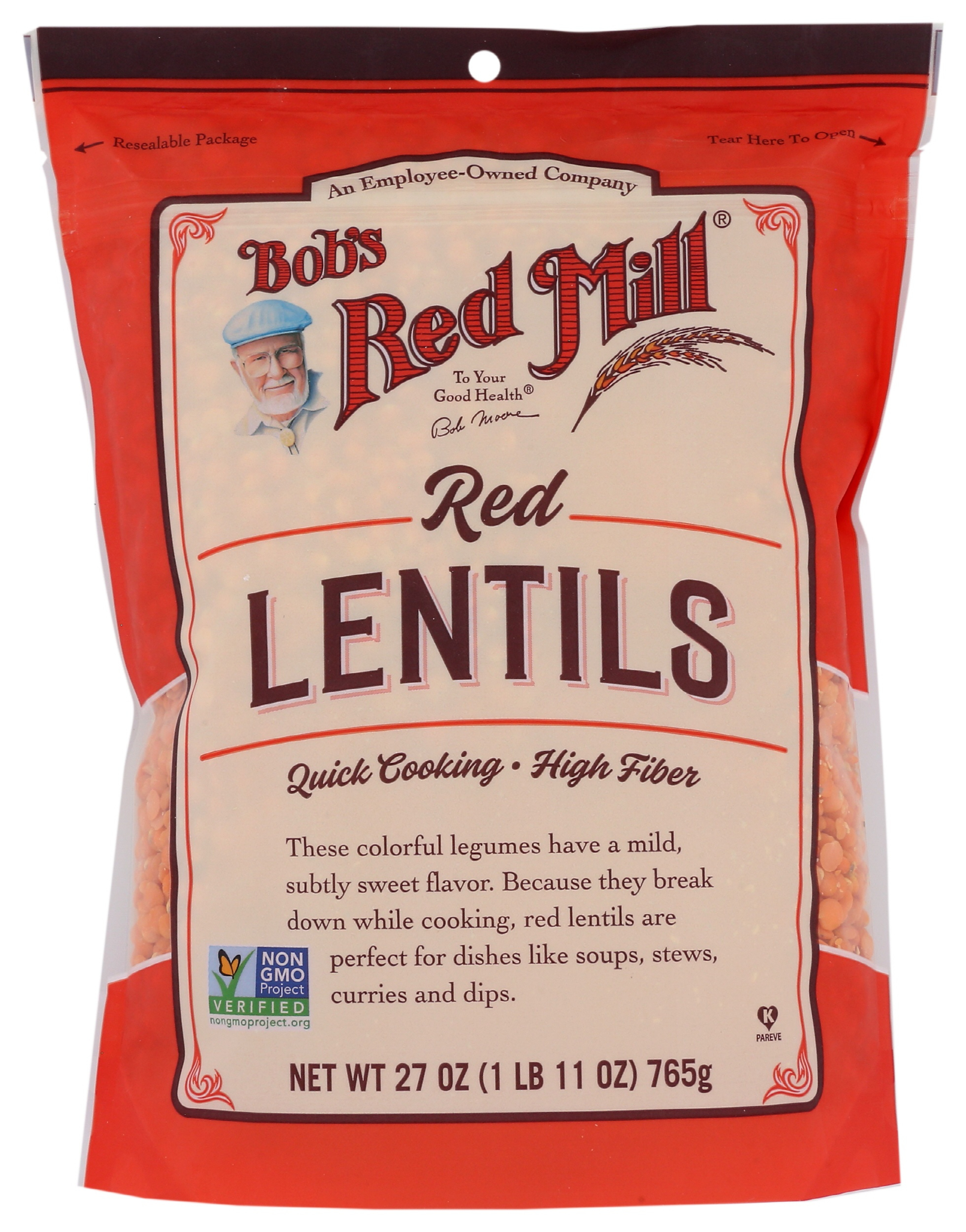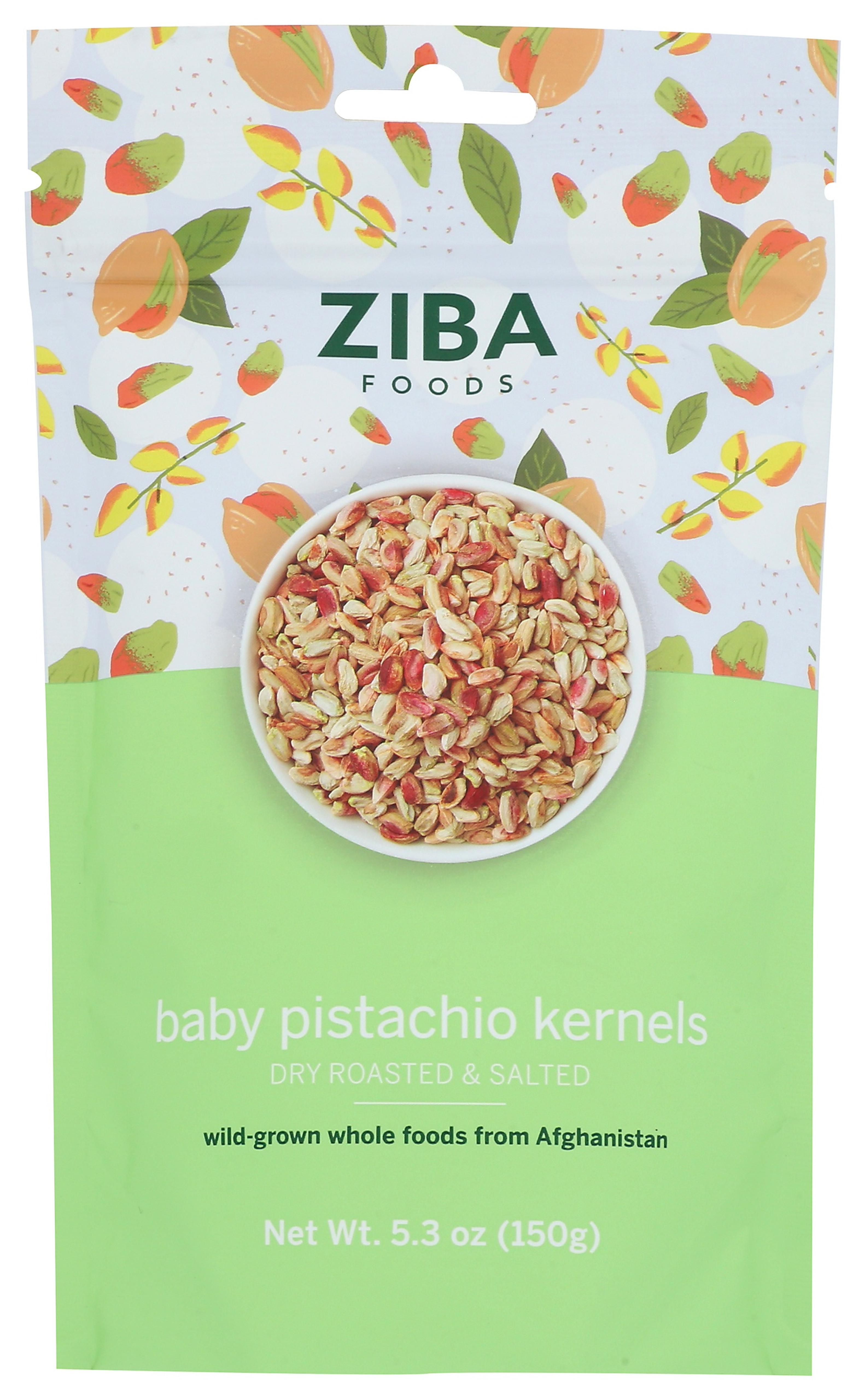The Best Foods to Eat During Pregnancy

Written by Chad Birt on Mon Aug 28 2023.

During pregnancy, eating nutrient-rich foods is essential. Certain vitamins and minerals play a crucial role in the growth of your baby and can even make labor and delivery easier.
Many newly pregnant women wonder which foods are best. To make grocery trips a little easier, we’ve compiled this list.
What Vitamins and Nutrients are Important During Pregnancy?
To support your growing baby during pregnancy, It’s important to eat whole foods. A variety of nutrients are important, but experts recommend focusing on several in particular, including:
Fiber (25-30 grams per day)
Protein (75-100 grams per day)
Iron (30 grams per day)
Calcium (1200 mg per day)
Folate (400 mcg per day)
Healthy fats (40-90 grams per day)
Choline (450 mg per day)
“During pregnancy, the most important thing is eating enough for your body and developing baby –– which looks different for everyone,” said Emily Maus, RD, a registered dietitian specializing in women’s and hormone health, including menstrual cycles, pregnancy, and post-partum. “Remember that you’re eating for two. So make an effort to eat small, frequent meals throughout the day.”
The 8 Best Foods to Eat While Pregnant
Eating healthily during pregnancy is a lot like traditional healthy eating. The difference is that you need to eat more of these foods to support your body and baby.
On average, you need to eat 300 extra calories per day. Still, that amount “will vary, depending on your body size, physical activity, whether you plan on breastfeeding, underlying health conditions, and more.” Maus said.
Let’s take a closer look at 8 delicious foods that can assist in your journey:
1) Legumes
Legumes, like lentils, peas, and soybeans, are an excellent plant-based source of fiber, protein, iron, and folate. They’re easy to prepare and complement various dishes, including salads, soups, and casseroles.
It can be challenging to get the recommended amount of folate through food alone, but legumes are an excellent source. Plus, most are high in fiber which can prevent constipation and help you stay “regular”.
2) Salmon
You should avoid most seafood during pregnancy, due to the risk of mercury, but salmon is an exception. It’s loaded with omega-3 fatty acids which support the development of your baby’s brain and eyes. Some studies have even found a correlation between eating omega-3s and a reduced risk of perinatal depression.
3) Dark, leafy green vegetables
Dark, leafy green vegetables like arugula, kale, and collared greens contain lots of nutrients, including fiber, calcium, folate, and potassium.
They’re also a source of vitamins C, K, and A which support immunity, help your blood clot, and contribute to fetal development.
Greens make a great salad base, but all that roughage can be hard to chew. Mix things up by including them in protein shakes and fruit smoothies, or by adding them to other dishes, like scrambled eggs.
4) Whole grains
Whole grains are an excellent source of fiber, folic acid, and iron. They also have complex carbohydrates, which provide energy and support the growth of your baby.
Many people associate whole grains with oatmeal, but they’re found in other foods as well, including whole grain bread, cereal, and pasta.
Make red, brown, or black rice for a dinner side, or substitute traditional morning staples with a cinnamon quinoa breakfast bowl.
5) Avocado
Avocados are an excellent source of folate, potassium, and healthy fats. The fats you eat during pregnancy provide energy and contribute to the development of your baby’s brain and organs.
The most obvious use for avocados is guacamole. But there are plenty of other dishes to include them in, such as salads, soups, and smoothies.
6) Berries
Sugar cravings are very common during pregnancy, but sweets high in refined sugars and saturated fats can negatively affect your health. Enter the humble berry.
Berries like strawberries, raspberries, blackberries, and blueberries have vitamin C, healthy carbs, and antioxidants. Plus, they’re low-glycemic, so they won’t cause your blood sugar to spike like cookies or cake.
7) Nuts
Nuts have healthy fats and protein, as well as minerals like magnesium, potassium, and zinc. They’re also quite filling –– one handful of cashews or almonds can help you feel fuller between meals.
Generally speaking, it’s best to eat nuts raw. Though tasty, roasted nuts have more calories, salt, and potentially harmful free radicals.
8) Tofu
Tofu is an excellent source of calcium. It’s gluten-free, low-calorie, and loaded with protein which helps regulate appetite and blood sugar. It’s also dairy-free, making it a great choice for women who are lactose intolerant and unable to eat dairy products, like milk and yogurt.
Even better? Tofu can be eaten any way you like it. Have a few bites raw, out of the package, cook it on the grill, or mix it into a stir fry or salad.
Foods to Avoid During Pregnancy
Now that you have a better idea of which foods to include in your pregnancy diet, let’s look at those you should avoid.
“Pregnant women should steer clear of any meats, eggs, or seafood that have not been fully cooked, as well as deli meats that haven’t been heated to 165 °F,” Maus said. “Avoiding unpasteurized cheese and milk is also important in preventing harmful bacteria which can harm the growing fetus.”
You should also avoid:
Alcohol
Soft-serve ice cream
Unwashed fruits and vegetables
Organ meat
Caffeine
High-mercury fish, including tuna, mackerel, and swordfish
Best Pregnancy Foods - Commonly Asked Questions
1) Should I take dietary supplements if I’m pregnant?
Yes. Taking a dietary supplement during pregnancy is an easy and effective way to support your nutritional efforts.
“At a minimum, a prenatal vitamin is recommended because it includes nutrients that might be missing from your diet, including folic acid and iron,” Maus said. “If you’re following a vegetarian or vegan diet, additional supplementation of iron or B12 might be needed. Before taking any new vitamin or supplement always consult with your doctor first.”
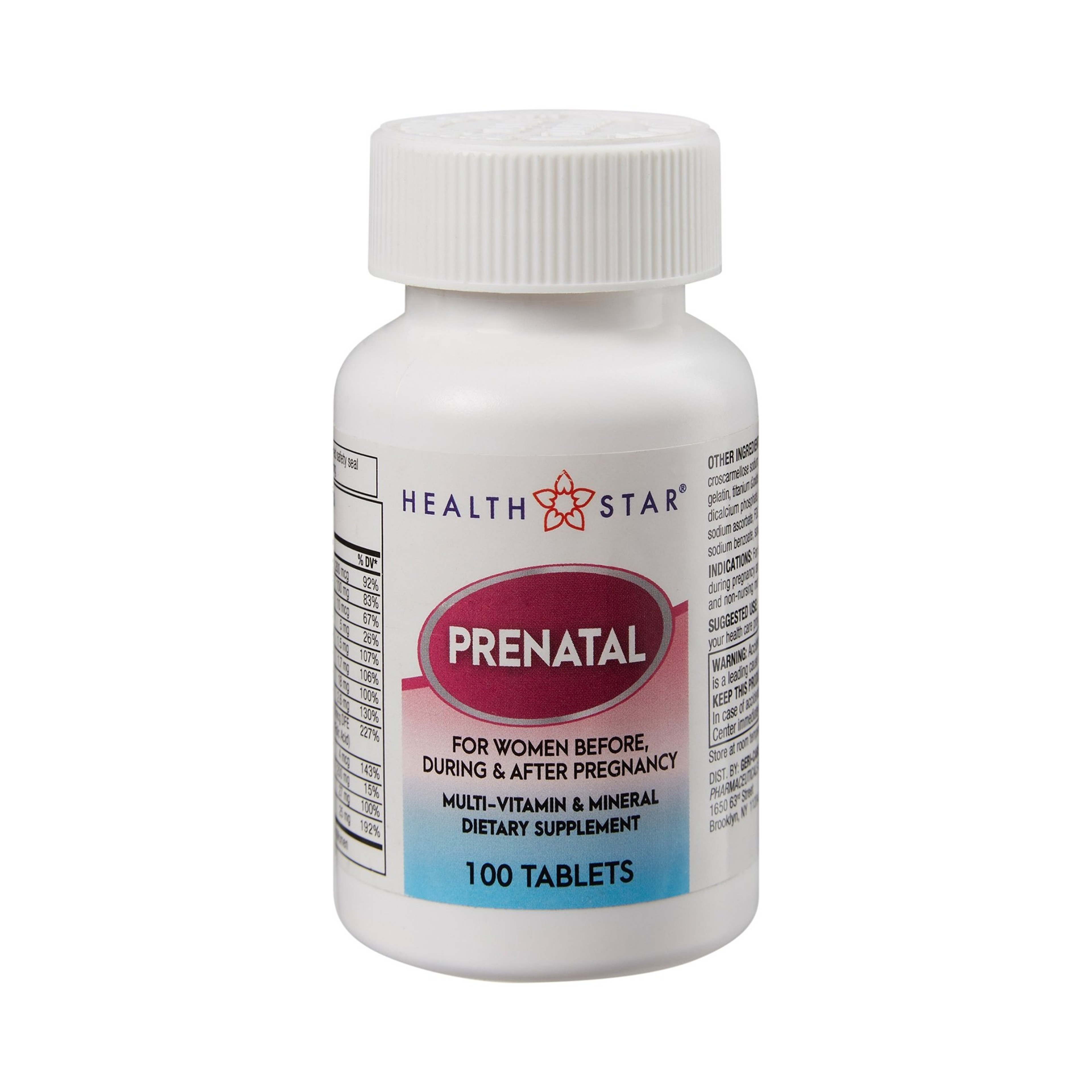
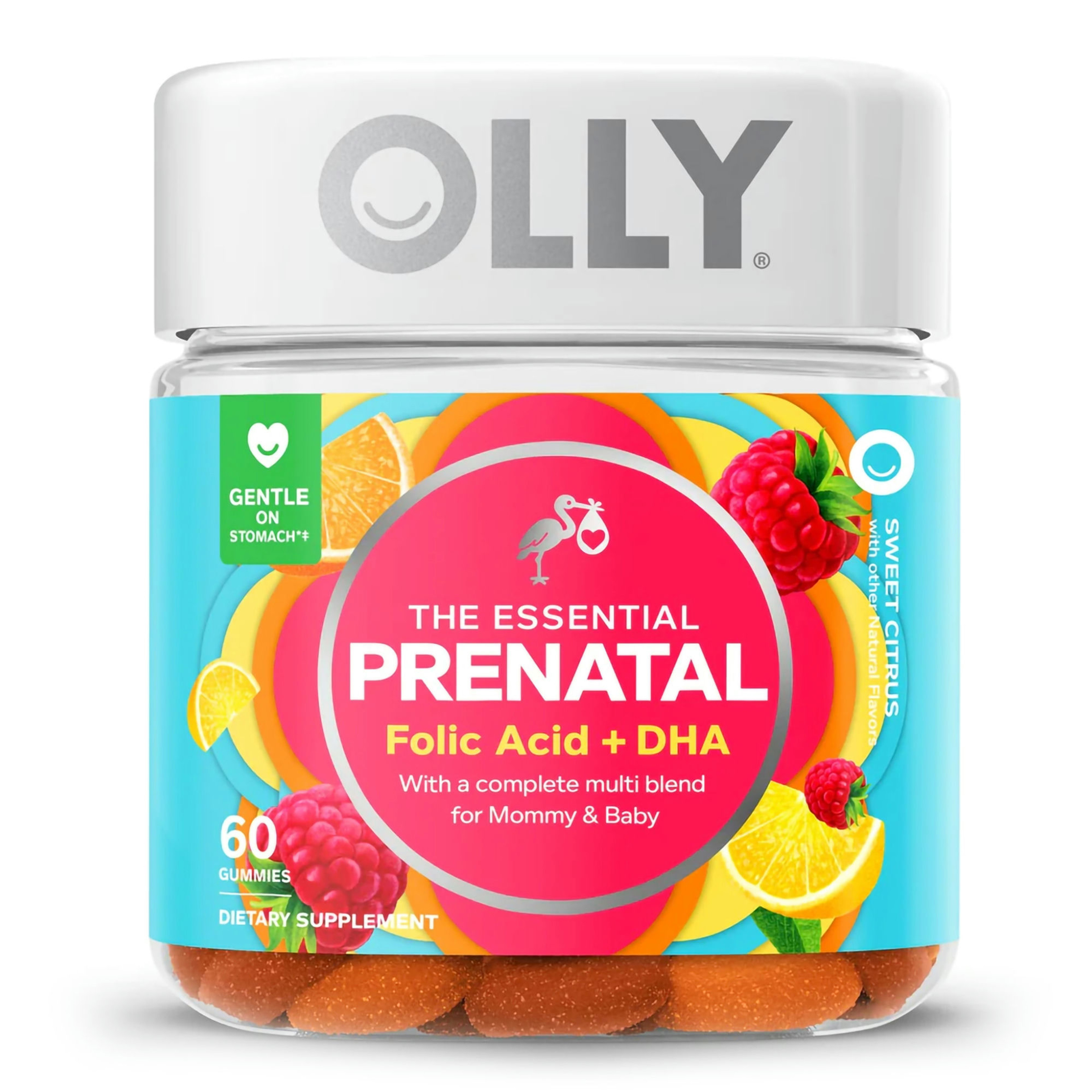
2) How does folic acid help during pregnancy?
Folic acid, or vitamin B9, plays an important role in preventing brain and spinal cord defects.
“Pregnant women should have 600 micrograms (mcg) of folic acid per day from a combination of foods and supplementation,” Maus said. “Foods rich in folic acid include rice cereal, bread, asparagus, black beans, chickpeas, nuts, and spinach.”
3) Can a healthy pregnancy diet help my child later in life?
It’s likely! Research suggests that a healthy diet during pregnancy can offer lasting benefits.
“My favorite fact about pregnancy nutrition is that eating a variety of high-allergen foods decreases not only the pickiness of the child later in life but also the likelihood of developing allergies,” Maus said. “Research suggests a diet low in variety during pregnancy is ‘predictive of a child becoming a picky eater as a preschooler’.”
Takeaways
Eating a nutritious and balanced diet during pregnancy is one of the easiest and most effective ways to protect your and your baby’s health.
Foods like leafy green vegetables, legumes, berries, and nuts offer access to vital nutrients, like folic acid, calcium, and iron. By including these foods in your meals and snacks, you can reduce the risk of complications and avoid common pregnancy-related side effects like morning sickness and leg cramps.
Most importantly, remember that you have unique nutritional needs. Talk with your doctor or a qualified dietitian before making these changes on your own. And, if you have any questions about the foods we carry, contact our friendly Care Specialists. Call (800) 696-CARE or send an email to support@carewell.com.
Other Articles You May Like
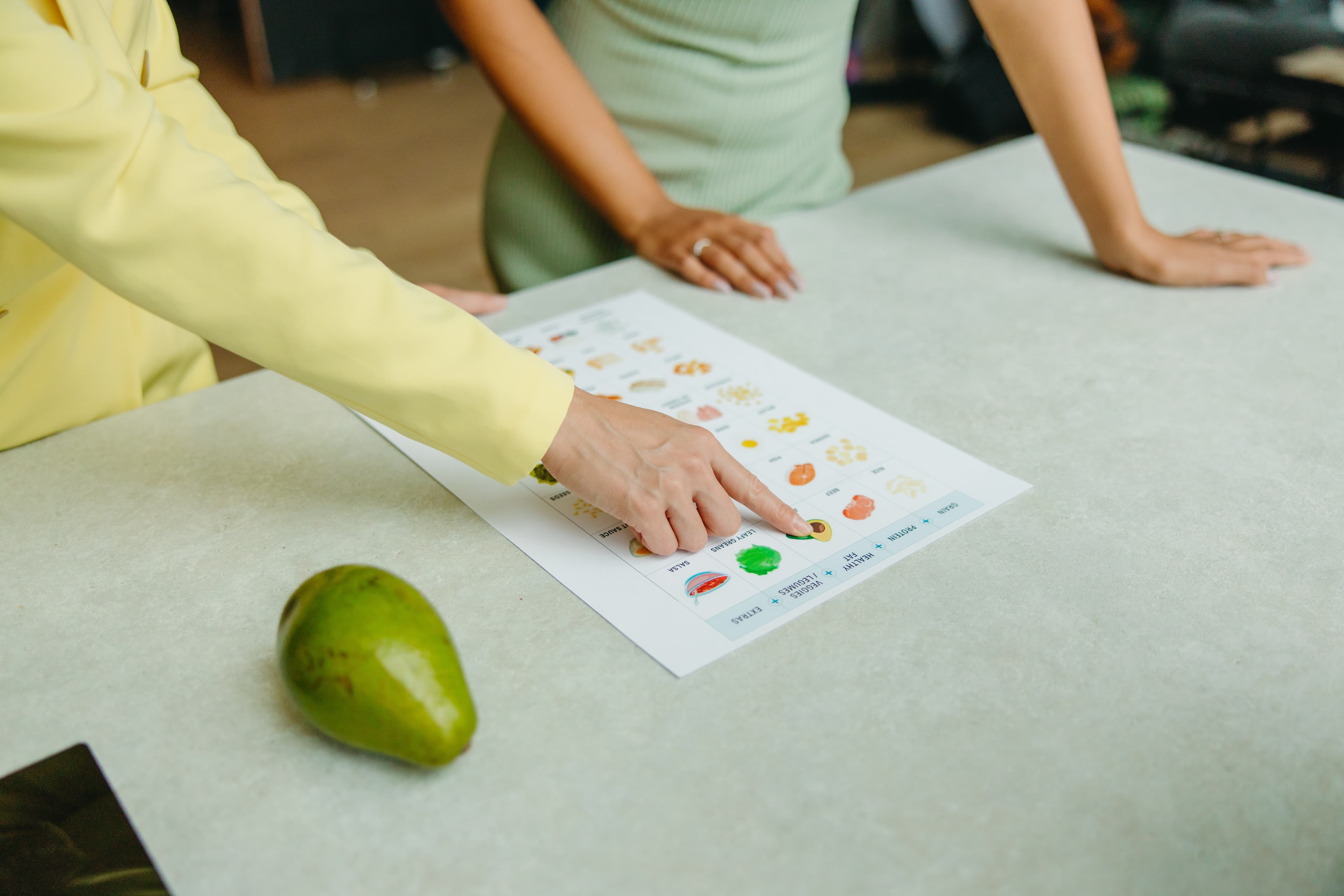
How To Find a Registered Dietitian
Making healthy meals isn’t always easy. If you care for someone who has food allergies or takes several medications creating a meal plan can be even more challenging.
Read More >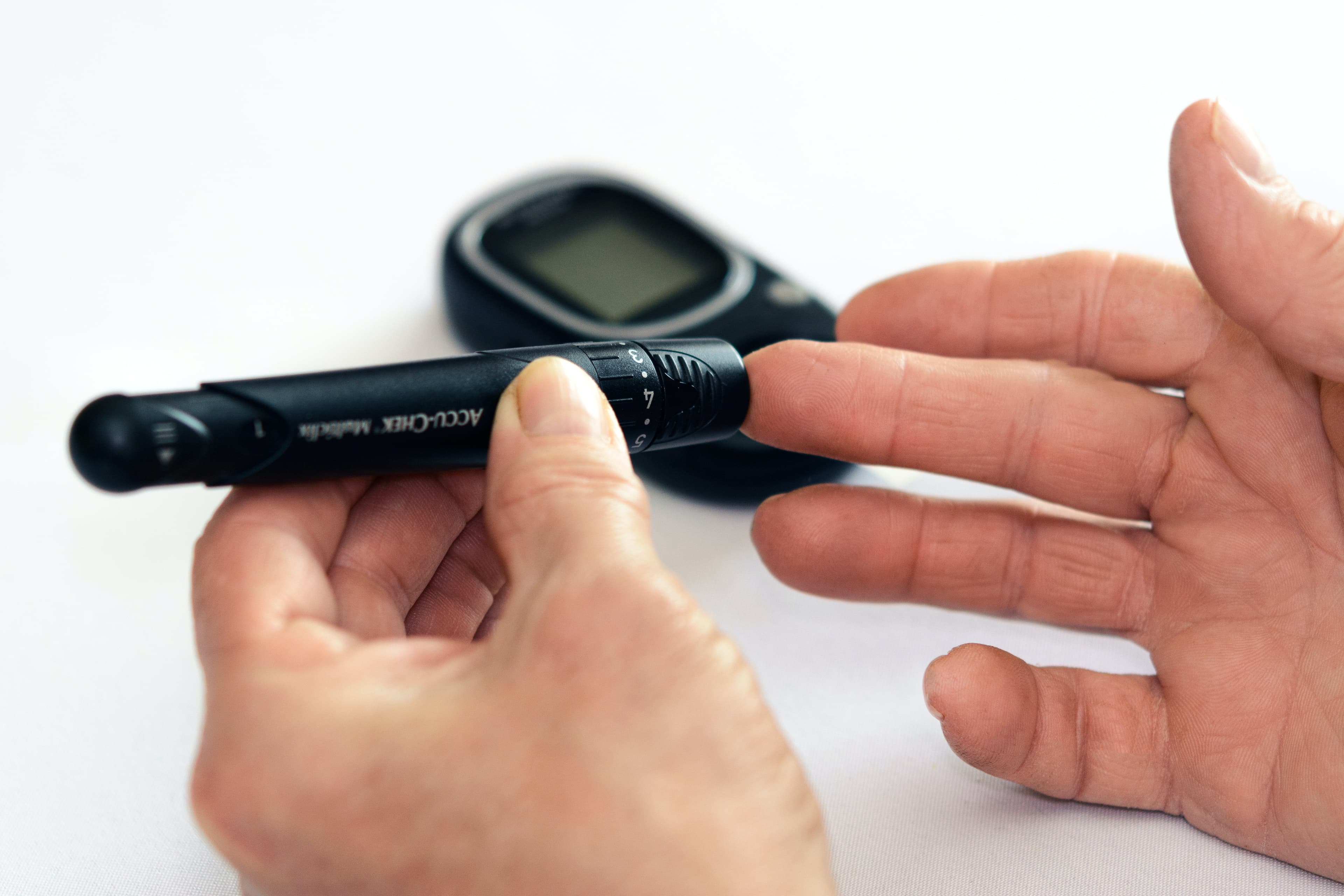
What To Do For Gestational Diabetes
Gestational diabetes is one of the most common pregnancy-related complications, affecting 2%-10% of all U.S. pregnancies, according to the CDC. During pregnancy, the placenta releases hormones that affect the way the body uses insulin –– a hormone that helps regulate blood sugar.
Read More >
Chad Birt is a freelance medical writer who resides in Astoria, Oregon. When he isn't behind a keyboard, you can find him hiking, camping, or birdwatching with his wife Ella and their two dogs, Diane and Thoreau.
